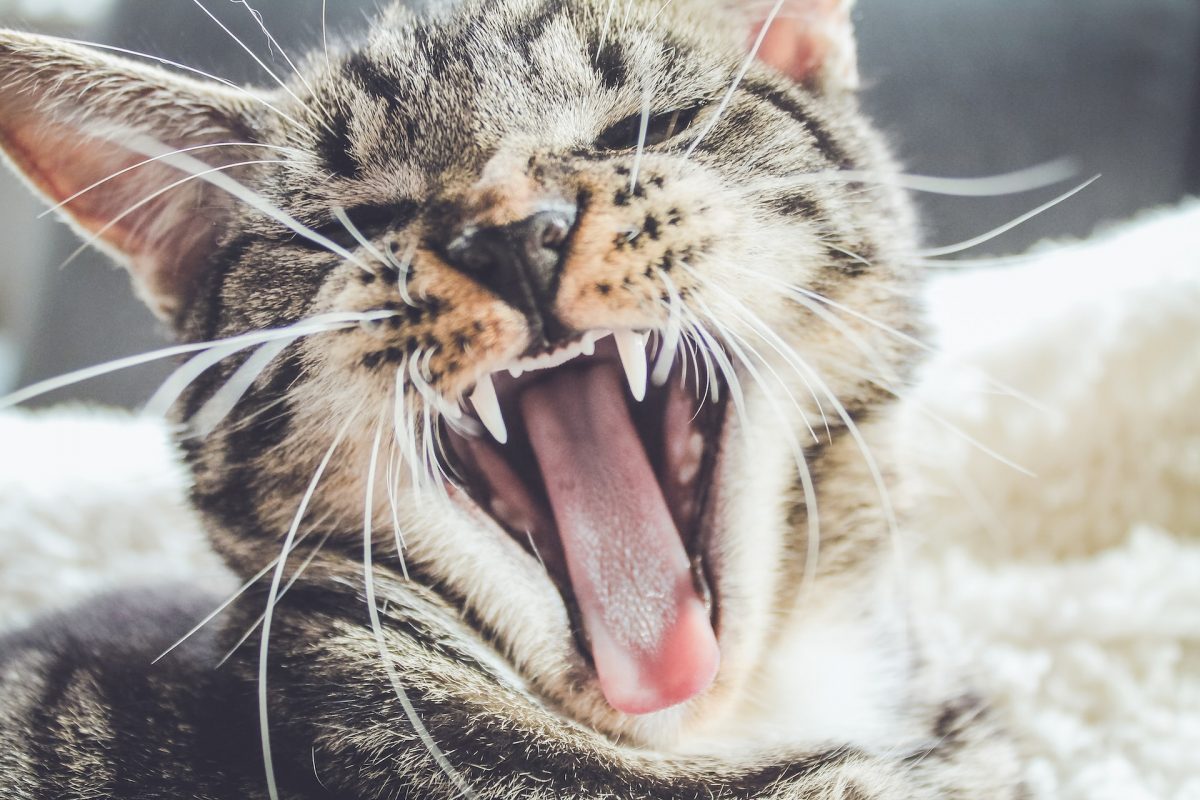No products in the cart.
Cat Behavior & Training, Cats
Cats and Their Unusual Drooling Habits
Most common reasons cats drooling
Cats have fascinated humans ever since they were domesticated in ancient Egypt. But sometimes, it seems like there’s something even more fascinating about our feline friend. Their unusual drooling habits! I mean, why on earth do our cats drool so much? Let’s look at some of the most common reasons cats drooling and how we can keep them from getting extra slobbery.
Why does my cat drool?
Although drooling is a sign of many medical problems, it can also be caused by behavior issues. If your cat is stressed or frustrated, he may drool. You can reduce his stress by ensuring he has plenty of toys he enjoys playing with.
Another cause for drooling could be food allergies or sensitivities; in these cases, ensure you aren’t overfeeding him. Additionally, some cats are allergic to certain types of food, so you should switch them to a hypoallergenic diet and consider trying an elimination diet (one ingredient at a time) if necessary.
Why does your cat drool at night?
It’s natural for cats to drool a little when they sleep. But if your cat seems to have quite a bit of excess drool during or after naps, you may wonder whether there’s something medically wrong with him.
While it can sometimes be a sign of an issue (such as upper respiratory infections), most cases are due to age-related dry mouth, also known as dental disease. Cats usually become less interested in drinking water once they reach eight years old. Especially those who eat dry food that doesn’t promote saliva production and don’t brush their teeth much.
Dental Disease
According to a study published in February 2010 by The Journal of Feline Medicine and Surgery, oral disease is commonly found in cats. When plaque builds up on a cat’s teeth, it can lead to gingivitis, a painful inflammation that causes redness and swelling of gums.
Gingivitis can advance into periodontal disease, resulting in loose teeth or tooth loss. This is why pet owners must reduce their cats’ risk for dental disease. Follow these six tips for keeping your cat’s teeth healthy.
Underlying Health Condition
If your cat starts to drool uncontrollably, it may indicate an underlying health condition. The most common cause of excessive drooling in cats is feline idiopathic stomatitis (FIS), a disease that causes inflamed gums.
A cat with FIS may also experience painful mouth ulcers and teeth-grinding behavior. Other factors, such as hormonal changes or ingestion of poisonous substances, can also lead to excessive cat drooling. Your veterinarian can conduct tests to determine if your cat’s excess saliva is due to any underlying health condition or illness. Treatment will vary depending on what caused your cat’s unusual drooling behavior.
Upper Respiratory Infections
Did you know that cats can get upper respiratory infections like humans? They happen when your cat inhales an object or particle it shouldn’t, such as another animal’s fur or a piece of grass. This irritates your kitty’s nose and throat, leading to coughing, sneezing, and nasal discharge.
Left untreated, upper respiratory infections can lead to sinusitis (an infection of your cat’s sinuses). As with humans, you must know how to treat your pet if they develop an upper respiratory infection.
Luckily for you (and them), veterinarians have developed a few easy treatments that help clear up UPI symptoms in no time! Read on for more information about how to care for a cat with an upper respiratory infection!
When should you call a doctor about cat drolling?
Cat drolling is a serious condition that requires immediate veterinary care. Call your vet immediately if your cat’s drool smells bad or seems excessively thick or discolored. Pneumonia, cysts, and oral tumors are possible causes of unusual saliva production in cats. Even if you can’t figure out what might be causing it, don’t let your pet suffer; take him to a vet as soon as possible.

